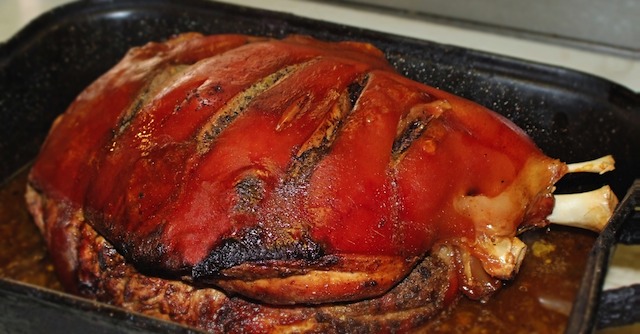
(Official White House Photo by Pete Souza)
News Americas, WASHINGTON, D.C., Weds. April 15, 015: Thirty-three years after Cuba landed on the U.S. list of state sponsored terrorists, the pesky title has been rescinded and at least one Republican is cheering on President Obama.
Sen. Jeff Flake, an Arizona Republican, said it’s wise to remove Cuba because “that list ought to mean something,” and that it could help diplomatic relations with Cuba.
“I know [Republicans] don’t agree with me on this issue, but I think it was the right move to make and I’m glad the president did it,” he said on CNN’s “The Situation Room.”
On the heels of their historic meeting in Panama on April 11th, President Obama removed Cuba from the list Tuesday, following a recommendation last week by the U.S. State Department, the White House said.
But while Flake welcomed the decision he was in the minority in his party.
Cuban American GOP Presidential hopeful, Marco Rubio quickly condemned the move as did Ted Cruz, another GOP Presidential hopeful with roots in Cuba.
Cruz slammed the President on the decision in a statement saying: “Fidel and Raul Castro have a decades-long track record of violent hostility towards our nation. It is dangerous and reckless to use a terrorist designation as a negotiating tool, as their regime continues to support and harbor terrorists who have murdered Americans. We need better than a promise of future change; Cuba needs to prove it. And, until Cuba does, any discussion about changing its terrorist designation should be off the table.”
Cuba has been on the State Department’s list of state sponsors of terrorism since 1982 along with Iran, Sudan and Syria.
President Obama ordered a review of Cuba’s status in December, as he and President Raul Castro agreed to move toward normal relations.
White House officials said Tuesday that President Obama had approved the recommendation by Secretary of State John Kerry to take Cuba off the terrorism list after the review of Cuba’s record and assurances from Havana that it would not support terrorism in the future.
Secretary of State Kerry, in a statement commented that the Department’s assessment found that “Cuba meets the criteria established by Congress for rescission.”
“While the United States has had, and continues to have, significant concerns and disagreements with a wide range of Cuba’s policies and actions, these concerns and disagreements fall outside of the criteria for designation as a State Sponsor of Terrorism,” he added.
“Circumstances have changed since 1982, when Cuba was originally designated as a State Sponsor of Terrorism because of its efforts to promote armed revolution by forces in Latin America. Our Hemisphere, and the world, look very different today than they did 33 years ago. Our determination, pursuant to the facts, including corroborative assurances received from the Government of Cuba and the statutory standard, is that the time has come to rescind Cuba’s designation as a State Sponsor of Terrorism.”
The State Department said it had determined that Cuba had not engaged in terrorist activity in the past six months — a criterion for designating a country as a state sponsor of terrorism — and therefore no longer belonged on the list.
Cuba had landed on the list for its support of leftist insurgents in Latin America. President Castro on Saturday referred to the opening of embassies, the increase of visits between the two peoples and to the practice all questions typical of “nearby neighbors” as what he sees for the future of the two sides in this new era.
Congress has 45 days to pass a joint resolution blocking the President’s decision. But a senior administration official told Politico it was unlikely lawmakers would be able muster the votes needed to override a presidential veto.









